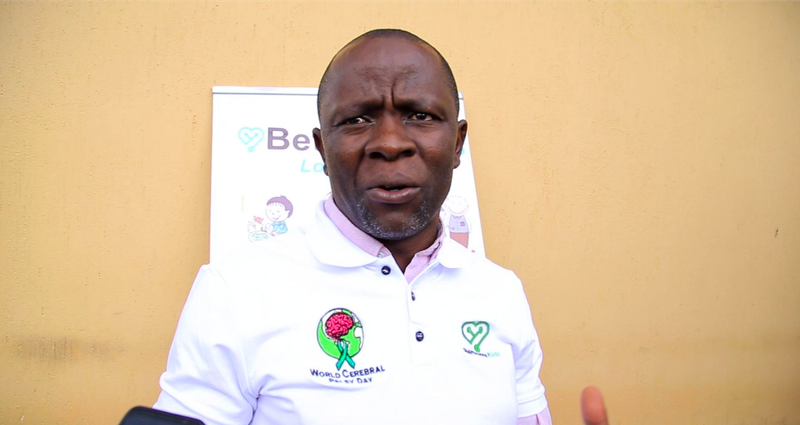
Health professionals at Mbarara Regional Referral Hospital are urging men to play a more active role in supporting women raising children with cerebral palsy. This appeal comes in response to ongoing complaints from mothers, who say they face neglect and abandonment from their partners and extended families.
Winnie Kyomugisha, a mother of a child with the condition, revealed that many women have been forced to leave their jobs due to caregiving responsibilities. Meanwhile, fathers often withdraw both emotionally and financially, leaving mothers to cope alone. "Many of them have lost jobs that once sustained their families," she said, "while fathers have refused to provide any financial or emotional support."
Dr. Elias Kumbakumba, head of pediatrics and child health at the hospital, highlighted the troubling trend of absent fathers. He reported that out of nearly 100 mothers who bring their children to the hospital, typically only one father is present. Describing this as "alarming," he stressed the importance of paternal involvement, especially since these children often require ongoing care and regular hospital visits.
“Most of the time, when you have such a child, the mother will not even be able to sustain a job because the child needs full-time attention. The child becomes the mother's job, and the father needs to provide the resources,” Dr. Kumbakumba said. He further emphasized that both parents, along with community support, are essential for the well-being of children with cerebral palsy.
Doreen Kansiime, another mother, recounted her personal struggles after her daughter’s diagnosis. She said her in-laws branded her a witch upon discovering the child’s condition, and she has since faced constant stigma and isolation from her community.
Gift Atuhaire, a therapist at the same hospital, acknowledged the heavy burden mothers carry, especially in cases involving neurological conditions that demand long-term care. “The misperceptions in the community about these children, some people think it could be a curse, others blame ancestors, make people isolate them,” Atuhaire explained.
She noted that these harmful beliefs often lead fathers to abandon their partners, leaving mothers not only to manage the demanding care alone but also to suffer emotional distress. “Many mothers,” she said, “end up suffering from depression.”
According to current statistics, one in every 345 children is diagnosed with cerebral palsy, and more than half of those will eventually be able to walk.













Linda Munyana
Leave a Comment
Your email address will not be published.